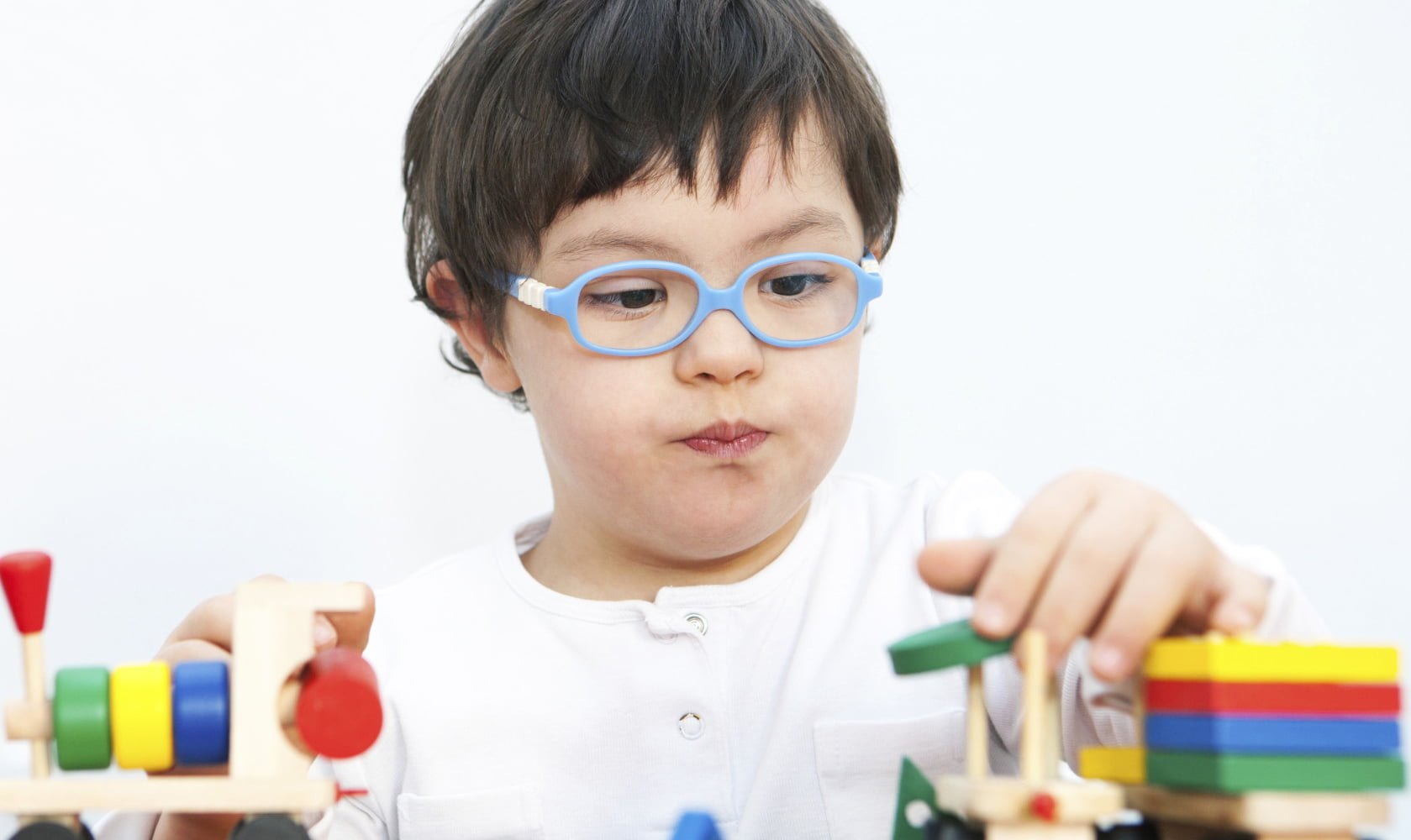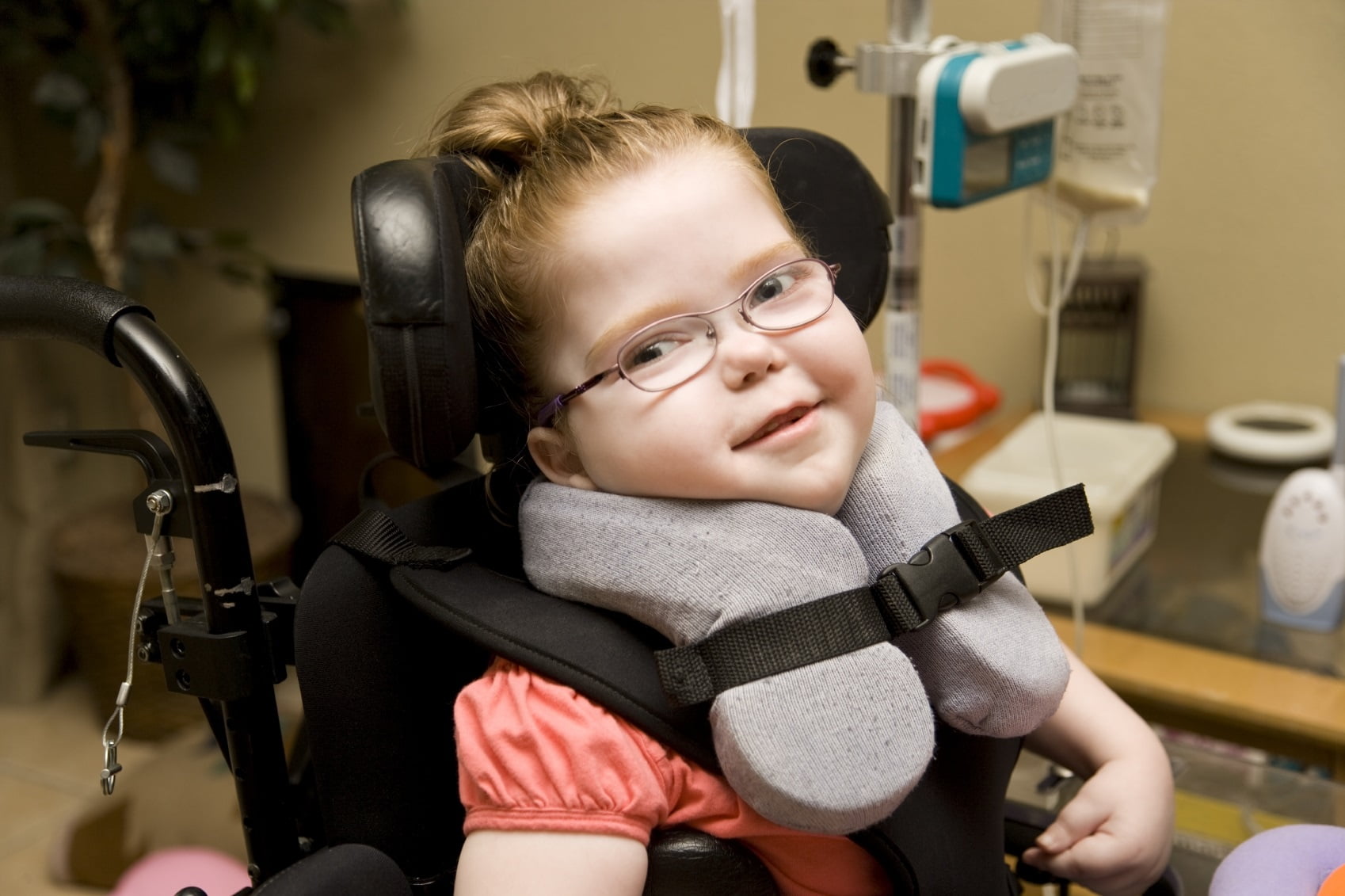Supported Areas
Disabilities and Mental Health Areas supported by Abilities Enabled Group
Intellectual Disabilities
Intellectual disabilities or impairments develop before adulthood and can affect a person’s ability to learn, communicate, retain information, and undertake work or leisure activities. An intellectual disability may be caused by genetic conditions, problems during pregnancy and birth, illness, or environmental factors. Categories of mild, moderate, severe, and profound levels of intellectual impairment are defined based on IQ scores. A person is classified as having an intellectual disability if their IQ falls below 70.
Abilities Enabled Group (AEG) supports people with various intellectual disabilities to lead valued and meaningful lives, some of which are defined below:
Autism
Autism is a severe behaviour disorder that developed in early childhood and affects the way an individual interacts with their environment and other people. It is a neurological disorder characterised by social and cognitive difficulties and repetitive or restricted behaviours.
Fragile X syndrome (FXS)
Fragile X is a genetic condition caused by a mutation in the X chromosome. It results in intellectual impairment, behavioural and learning challenges, and certain physical characteristics.
Down Syndrome
Down Syndrome is a genetic disorder resulting from a full or partial extra copy of chromosome 21 in their DNA. This affects cognitive ability, can lead to a higher-than-normal incidence of respiratory and heart conditions, and leads to certain physical attributes. Down Syndrome is the most common chromosomal disorder and cause of learning disabilities in children (Mayo Clinic).
Developmental Delay
Developmental Delay is when a child falls behind the developmental milestones of other children of a similar age. These delays may occur in physical, learning, thinking, social and communicative development.
Physical Disability
A physical disability is a physical condition that affects a person’s mobility, physical capacity, stamina, or dexterity. This can include brain or spinal cord injuries, multiple sclerosis, cerebral palsy, respiratory disorders, epilepsy, hearing, and visual impairments and more. The causes of a physical disability are also varied.
Abilities Enabled Group supports people with various physical disabilities to lead valued and meaningful lives, some of which are defined below:
Acquired Brain Injuries
Acquired Brain Injuries result in physical disabilities. They occur after birth because of damage to the brain through accidents, strokes, tumours, infections, degenerative neurological diseases, or lack of oxygen. These occurrences can cause damage to the cognitive, physical, emotional, and sensory functions of the brain resulting in minor or profound disabilities that can be temporary or permanent.
Epilepsy
Epilepsy is a neurological condition that triggers recurring unprovoked seizures. The causes of epilepsy are not always known, but brain trauma, strokes, brain cancer and drugs and alcohol are thought to be significant factors. Some people can treat their Epilepsy with medication, surgery, and lifestyle changes. However, unfortunately, epileptic seizures can sometimes result in brain damage, causing physical disabilities.
Cerebral Palsy
Cerebral Palsy affects the way the brain controls the body’s muscles resulting in speech, movement, and posture difficulties. In most cases it is caused by brain injury or abnormal development that occurs before birth or before one month of age. Cerebral Palsy is non-life threatening, however it can vary in severity, ranging from minor interference with motor-skills, to quadriplegia.
Cystic Fibrosis (CF)
Cystic Fibrosis (CF) is a hereditary genetic condition, inherited when the gene is carried by both parents. It affects more than one million people in Australia. CF affects the respiratory, digestive, and reproductive systems, because of a malfunction in the mucus and sweat glands which causes mucus to thicken and build up, resulting in recurrent infections in important bodily organs. From birth, a person with CF undergoes constant medical treatments and physiotherapy.
Multiple Sclerosis (MS)
Multiple Sclerosis (MS) is a is an autoimmune disorder causing damage to nerve cells. This results in diminished brain and spinal cord function, manifesting in several ways. Symptoms can range from fatigue and numbness to paralysis and vision loss. It affects women twice as often as men and no two people will experience the same symptoms. The progress and severity of MS can be difficult to predict.
Spina Bifida (SB)
Spina Bifida (SB) refers to a range of developmental birth defects that affect the spinal cord, leaving nerves open to damage. The severity of the symptoms depends on the location of opening in the spine. People with SB often develop learning difficulties, mobility symptoms and paralysis, muscle wastage, scoliosis, and bowel and bladder symptoms.
Prader-Willi Syndrome (PWS)
Prader-Willi Syndrome (PWS) is a rare, non-hereditary genetic disorder that affects development and growth. Characteristics may include growth and skeletal abnormalities, eye problems, intellectual disability, emotional instability, and excessive eating, which often leads to obesity. An abnormality of chromosome 15 is seen in most people with PWS. There is no cure, but treatments can improve quality of life.
Sensory Disability
Sensory disabilities, or sensory impairments, affect one or more of a person’s senses: touch, hearing, sight, taste, smell, or spatial awareness.
Abilities Enabled Group supports people with varying sensory disabilities, the most common of which are described below:
Blindness or Low Vision
A person is considered legally blind if their field of vision is less than 20 degrees in diameter or if they cannot see at six metres what somebody with normal vision can see in 60 metres. A person is said to have low vision if they have permanent vision loss that cannot be corrected. Blindness and low vision can occur because of a disease, infection, conditions or accidents and blur. Various technology aids, equipment and strategies help people with blindness or vision impairment to lead independent and safe lives.
Deafness or Hearing Loss
Hearing loss, hearing impairment or deafness is a partial or total inability to hear. It can be caused by genetics, aging, exposure to noise, illness, chemicals, and physical trauma. Deafness is defined as a degree of impairment that a person is unable to understand speech even in the presence of amplification. Many in the deaf community view it as a condition, rather than an illness.
Sensory Processing Disorder (SPD)
Sensory Processing Disorder (SPD) is a neurological condition that causes people to misinterpret information they receive through one, or many of the senses. This can cause severe functional impairment, which can be disruptive to daily life, routines, and learning processes for people with SPD. People with SPD are either Hypersensitive, meaning they are over reactive and avoid sensory stimulation, or Hyposensitive meaning they are under reactive and seek our sensory stimulation.
Students with Disabilities
After leaving school, life is full of choices. Abilities Enabled Group will help you make the best ones for your needs. Talk to us for friendly assistance and advice as you explore the many options available to you. Abilities Enabled Group is a registered NDIS provider with a lot of experience in supporting and advocating for people with disabilities and mental health.
We can work with you to explore options, transition to the NDIS, and start setting some goals that meet your needs and preferences. We have four service areas of support for students with disabilities, all of which fit into the approved plans funded by the National Disability Insurance Scheme (NDIS).
We support people with varying disabilities, Abilities Enabled Group will help you make the best ones for your needs. Talk to us for friendly assistance and advice as you explore the many options available to you.



